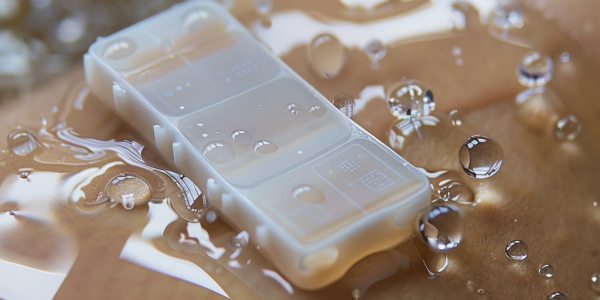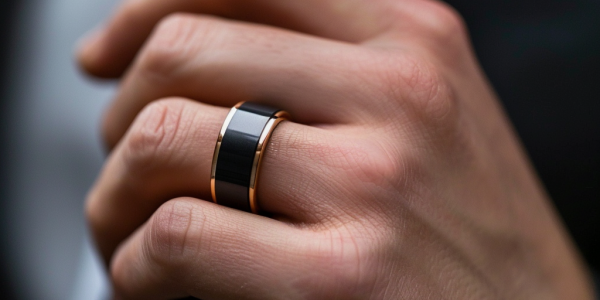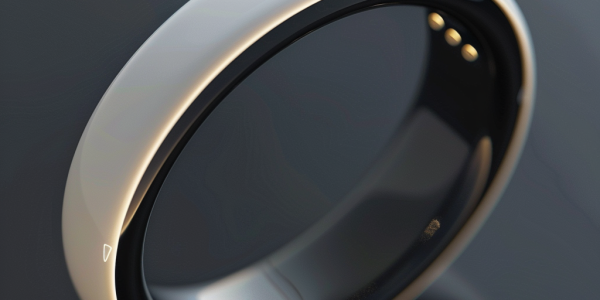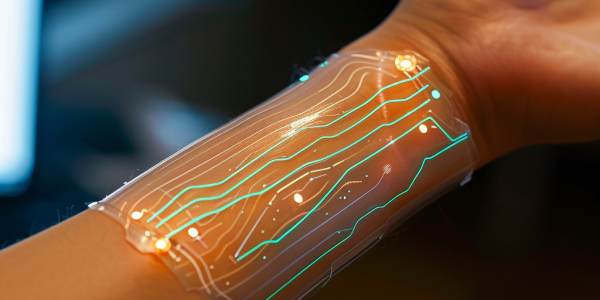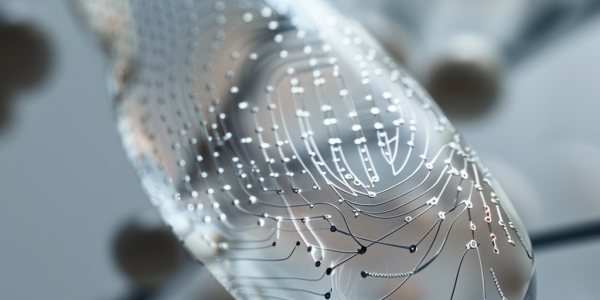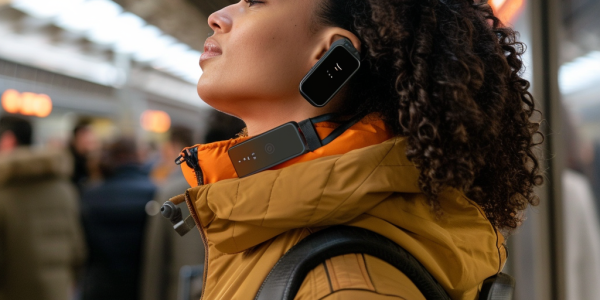Wearable Tech and Machine Learning Transform Fall Risk Prediction in Parkinson’s Patients
A groundbreaking study from the University of Oxford reveals how wearable sensor technology and machine learning can predict fall risk in Parkinson’s disease patients. This innovative approach analyzes walking patterns and postural sway over five years, offering a more objective method for fall risk assessment. With over half of Parkinson’s patients experiencing falls, this research paves the way for personalized interventions, enhancing safety and quality of life for individuals living with this condition.
The Pros and Cons of Wearable Health Technology
Wearable health technology, such as fitness bands and smartwatches, is transforming personal fitness and health monitoring. While these devices offer benefits like sleep management, stress reduction, and early health detection, they also raise concerns about psychological impacts and data accuracy. Understanding both the advantages and potential downsides is essential for users to effectively manage their health with wearable tech.
NTU Singapore Scientists Develop Plaster-Like Microlaser Device for Health Monitoring
NTU Singapore scientists have developed a plaster-like microlaser device that can accurately measure glucose levels in sweat, offering a non-invasive and painless way for individuals to monitor their health. This groundbreaking technology eliminates the need for expensive and rigid sensor-based devices, revolutionizing the field of health monitoring.
Are Smartwatches Becoming Obsolete? A Look at AI and Smart Rings
Are smartwatches becoming obsolete? With new technologies like smart rings and AI emerging, the future of wearable devices is uncertain. Smartwatches have evolved from simple notification mirrors to advanced health trackers, but the market is shifting towards more stylish and discreet options. True wearables like smart rings are offering basic health monitoring in a form that integrates seamlessly into everyday life.
Circular Unveils Upgraded Version of Thinnest Smart Ring with Enhanced Features
Circular unveils upgrades to its Ring Slim smart ring, the thinnest and most powerful tracker in the market. With improved comfort, scratch-resistant exterior, and advanced sleep staging algorithms, the device is waterproof and perfect for sports activities.
New Sensor Design Enables In-Situ Detection of Solid-State Biomarkers on Human Skin
Discover the latest sensor design allowing in-situ detection of solid-state biomarkers on human skin. This innovative technology uses an ionic-electronic bilayer hydrogel for accurate monitoring of water-soluble and water-insoluble analytes with low detection limits. With reduced motion artifacts and strong correlation to blood biomarkers, these stretchable wearable sensors could revolutionize real-time health monitoring.
Revolutionizing Healthcare Monitoring with AI-Powered Ingestible Devices
Exciting advancements in healthcare technology have emerged as scientists unveil an innovative AI-powered system designed to track ingestible devices monitoring disease markers in the gut. This groundbreaking non-invasive technology has the potential to revolutionize how individuals monitor their gastrointestinal (GI) tract health from the comfort of their homes. The system, developed by researchers at the University of Southern California, utilizes a wearable coil and artificial intelligence to accurately locate the ingestible device and measure gas concentrations in real-time. The ultimate goal of this technology is to refine the device for future human trials, paving the way for enhanced healthcare monitoring and treatment.
Fitbit Introduces Ace LTE Smartwatch for Kids
Introducing the Fitbit Ace LTE, a groundbreaking smartwatch designed to make exercise fun for kids while providing peace of mind for parents. With interactive 3D games, a ‘Noodle’ activity ring, and customizable virtual creatures, this smartwatch encourages daily movement goals. Developed with experts in child psychology and digital wellbeing, the Ace LTE prioritizes safety and privacy, ensuring a secure user experience. Collaborating with Google Research, Fitbit has created a specialized movement algorithm to enhance activity tracking accuracy, motivating children to lead a healthy lifestyle.
Sony Unveils Futuristic ‘Wearable Air Conditioner’ Reon Pocket 5
Sony introduces the innovative Reon Pocket 5, a wearable air conditioner that offers personalized comfort on the go. With advanced sensors and multiple cooling and warming levels, this gadget adapts to various environments. Paired with the Reon Pocket Tag and controlled via the Reon Pocket App, users can make proactive temperature adjustments. With 17 hours of battery life, outdoor enthusiasts can enjoy extended usage. Pre-orders for the Reon Pocket 5 are now available on Sony’s website, priced at 139 pounds, offering a stylish and practical solution for personal climate control.
Fitness Tracker Market Growth and Trends Report
The Fitness Tracker Market is thriving due to increased health consciousness, wearable technology adoption, and lifestyle trends promoting physical activity. With a projected CAGR of 16.5% from 2024 to 2032, industry players are offering a variety of fitness trackers to cater to diverse consumer preferences. Despite challenges like data privacy concerns and accuracy issues, continuous innovation is key for sustained growth in this competitive landscape. Leading companies in the market include Garmin, Apple, Fitbit, Huawei, and Samsung. Stay informed with the Infinity Business Insights report for valuable market insights and strategic decision-making.



